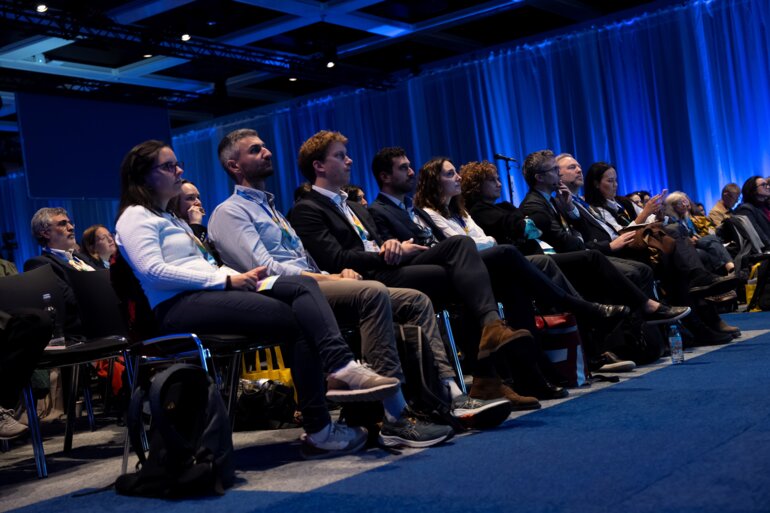In-depth understanding of immunological cellular mechanisms provides the basis to explore new ways to modulate the immune system for more effective treatment of cancer
Traditionally, the innate immune system was believed to lack memory; however, accumulating evidence from large epidemiological studies over the last hundred years and immunological studies in the last two decades indicate that innate immune cells can also show adaptive characteristics in a process termed ‘trained immunity’. As such, some infections or exposure to certain immune-stimulatory agents can induce not only specific protection against reinfection, but also lasting non-specific protection against other pathogens.
Trained immunity is mediated by epigenetic reprogramming of the progenitor cells in the bone marrow. Although it has evolved as a beneficial immune process to protect against infection, the opposite effect can also take place, making the organism more vulnerable to opportunistic infections. This deleterious process, known as ‘immune paralysis’, is also seen in certain cancers. Myeloid cell populations, either in circulation or infiltrating the tumour, can change their phenotype, with the development of myeloid-derived suppressor cells and tumour-associated macrophages with strong immunosuppressive profiles.
Knowledge of the cellular basis of immunological memory-based mechanisms led us to question whether we can reprogramme immunosuppressive myeloid cells to regain their proper immune-active function. In fact, we have unknowingly already been reversing adverse immune reprogramming for years. Bacillus Calmette–Guérin (BCG) is used to treat bladder cancer and it is now clear that BCG induces trained immunity by retraining local and circulating myeloid cells. However, not all patients with bladder cancer respond to BCG. It seems that induction of autophagy plays a key role in BCG-mediated trained immunity. We have identified polymorphisms that result in dysfunctional autophagy and incomplete trained immunity. In patients with these polymorphisms who are treated with BCG for bladder cancer, poor responses and relapses are frequently seen.
It appears that myeloid compartments are affected in cancer patients early in the course of the disease and not only locally in the tumour, but also systemically and in the bone marrow progenitors of the myeloid cells. Ideally, the therapeutic process of reprogramming the function of myeloid cells should occur in all these compartments and in a timely manner to make the most of opportunities to improve outcomes.
Different ways to modulate trained immunity for therapeutic purposes are being explored. Some groups are developing strategies to induce trained immunity using the fungal polysaccharides, β-glucans, and clinical trials are in progress. I am currently working with collaborators to develop trained immunity-inducing nanobiologics. The BCG peptidoglycan component, muramyl dipeptide, has been used to coat nanoparticles and we observed that the resulting nanobiologic suppresses tumour growth and also potentiates checkpoint inhibition in animal cancer models (Cell. 2020;183:786–801). This strong synergy is logical – checkpoint inhibitors do not work well in some patients due to the ‘stop signal’ on the function of lymphocytes induced by tumour-associated immunosuppressive myeloid cells. If we can activate T cells with checkpoint inhibitors and also reverse the immunosuppressive phenotype of myeloid cells, we hypothesise that we will induce much stronger anti-tumour effects. In the coming years, we hope to test this approach in human trials.
As our understanding of the mechanisms involved grows, so does our ability to rationally design therapies to regulate trained immunity and achieve tangible benefits.
Trained immunity. ESMO Immuno-Oncology Congress 2021
Educational Session, 11.12.2021, h. 09:00 – 10:30, Congress Virtual Platform







